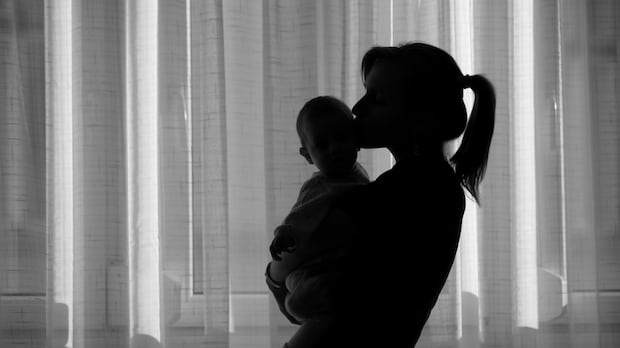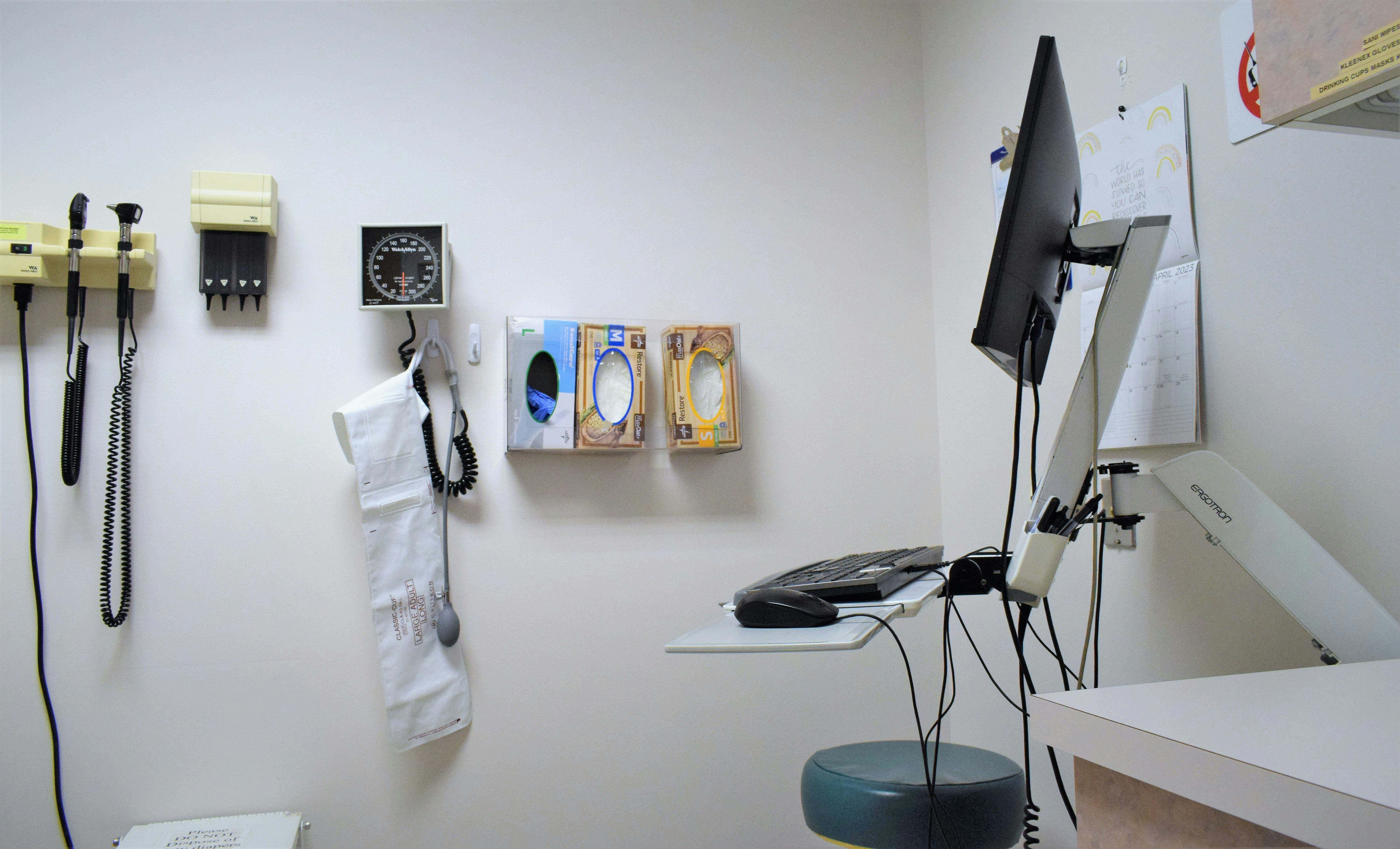
- Matthew Jackman, lived experience consultant
- Public representative, World Health Organization, Melbourne, Australia
- matthewrjackman{at}outlook.com
Compared with general populations, LGBTQI+ people globally experience increased rates of mental health challenges, including depression, anxiety, post-traumatic stress disorder, self-harm, and suicidal ideation, compounded by inequities in accessing mental healthcare.1 Structural factors such as societal stigma and discrimination produce hostile environments that exacerbate mental health disorders,23 compounded by social exclusion and internalised—that is, self-directed—homophobia and transphobia.1 Recent executive orders from the US president to erase trans and gender diverse communities represent human rights violations.4 Presidential orders to end promotion of diversity, equity, and inclusion have removed protections for LGBTQI+ people, reversing decades of progress.5
Despite social acceptance of LGBTQI+ people in many countries,6 assumptions, prejudice, and discrimination in healthcare7 mirrors historical pathologisation of LGBTQI+ identities.2 Although international professional guidelines no longer consider homosexuality a mental disorder, the prevailing reductionist biomedical model in psychiatry often overlooks people’s lived experience, including the broader determinants of health that affect LGBTQI+ people.3 Contextless guidelines and practices should be replaced with “bio-psycho-social-cultural-spiritual-structural” models that incorporate social, economic, and political factors, including discrimination, oppression, and intersection with, for example the effects of colonisation, race, and LGBTQI+ identity.8 Such accounting for lived realities is essential to meet LGBTQI+ people’s mental healthcare needs.29
Centring lived experience for equitable care
I identify as a white settler in Australia, living on the lands of the Wurunjeri people of the Kulin Nation in Melbourne. I identify as queer and non-binary (pronouns they/them), having come out through a “bipolar” manic episode; as well as neurodivergent; and mad (a politicised term to reclaim and resist oppressive uses of the word “madness” and highlighting the history, context, and politics of mental health).
I was placed in institutional systems such as child welfare, foster care, and psychiatric hospitals as a response to experiences of child abuse, neglect, family violence, and the complex grief and loss from my mother’s suicide when I was 9 years old. These were compounded by poverty, homophobia, bullying, and isolation resulting from sanism (prejudice against, discrimination towards, and oppression of people experiencing madness).10
My father told me that “gay people” were diseased, a rhetoric rooted in religion and psychiatry as institutions of oppression. At school, queer students were physically assaulted and verbally abused by other students. Direct and indirect homophobia led me to overwhelming distress and shame. I was referred to psychiatrists and received diagnoses and “treatments” for anxiety, mood swings, trauma, and attentional related “disorders.” The healthcare response felt stigmatising, discriminatory, and unresponsive to the structural root causes of my distress. I felt blamed by family, peers, and the psychiatric system and workforce, which influences societies’ perception of queerness as illness and deviance.
I needed instead to feel that healthcare providers were partnering with, and empowering, me to navigate the pain, trauma, grief, and social isolation I experienced related to broader structural determinants.
Queer affirming care that recognises that trauma and oppression have structural determinants is crucial.1112 These trauma informed practices respect, validate, and centre queer identities and lived experiences.1311 In my experience, this has often been limited to clinicians and peer workers who identify as LGBTQI+. But the whole healthcare system and every professional and should champion cultural humility by listening to individuals and learning what matters to them.
I felt that my first suicide attempt was medicalised. I received a diagnosis, drug treatment, and hospital admission, with limited acknowledgement of the structural causes of my distress—representative of culturally unresponsive healthcare. There is no drug for social injustice and oppression. I felt that systems and professionals responded with the wrong, reductionist tools, language, attitude, and care.
Lived experience in leadership and peer support
Partnering with LGBTQI+ people in the design and delivery of healthcare is essential for diversity, equity, and inclusion: to increase access to healthcare and improve health outcomes in an increasingly politically violent climate. Lived experience leadership and peer support ensures care emphasises social, cultural, spiritual, and structural determinants alongside clinical determinants of mental health specific to LGBTQI+ people.14 The World Health Organization’s framework for meaningful engagement offers pragmatic guidance for involving people with lived experience in co-designing and implementing care aligned with community needs.15
The importance of having people with lived experience leading in healthcare policy making and service delivery is increasingly recognised.16 Having people with lived experience in leadership improves access to healthcare for everyone—including LGBTQI+ people10—increases LGBTQI+ affirming care,17 and improves culturally competent interactions.18
Peer educators can train clinical staff to provide care that is more sensitive to patients’ values, beliefs, and behaviours.1819 Peer navigators can help LGBTQI+ people to access and navigate care, improving outcomes.20 For example, peer led interventions among gay and bisexual men have shown positive outcomes and effectiveness, including in reducing HIV transmission14 and addressing structural issues related to internalised stigma and stress from stigma.21 Peer support has demonstrated improved mental health outcomes for trans and non-binary youth.22
Inclusive, anti-oppressive, and responsive healthcare systems require structural reforms to promote queer affirming care, including models of care that reflect the needs and wishes of LGBTQI+ people.1 Healthcare professionals need training in culturally competent care that acknowledges structural as well as clinical determinants of health.18 Embracing lived experience in leadership and peer support is key.
Acknowledgments
I thank Evelyn Boy-Mena, at World Health Organization, who provided initial ideas and feedback on several drafts.
Footnotes
-
Competing interests: I have read and understood the BMJ policy on declaration of interests and declare I was a participant in the co-design of the WHO Framework for Meaningful Engagement alongside several hundred other participants. I provided one of 12 case study examples for WHO’s Intention to Action series, laying the groundwork for the launch of the framework.
-
Provenance and peer reviewed: Commissioned; not externally peer reviewed.
-
This article is part of a collection proposed by the World Health Organization’s Global Coordination Mechanism on the Prevention and Control of Noncommunicable Diseases (WHO GCM/NCD). WHO GCM/NCD provided funding for the collection, including open access fees and paying the lead authors with lived experience to write. The BMJ commissioned, peer reviewed, edited, and made the decision to publish. Richard Hurley and Sophia Walker (patient editor) were the lead editors for The BMJ.
This is an Open Access article distributed under the terms of the Creative Commons Attribution IGO License ( which permits use, distribution, and reproduction for non-commercial purposes in any medium, provided the original work is properly cited.
link






